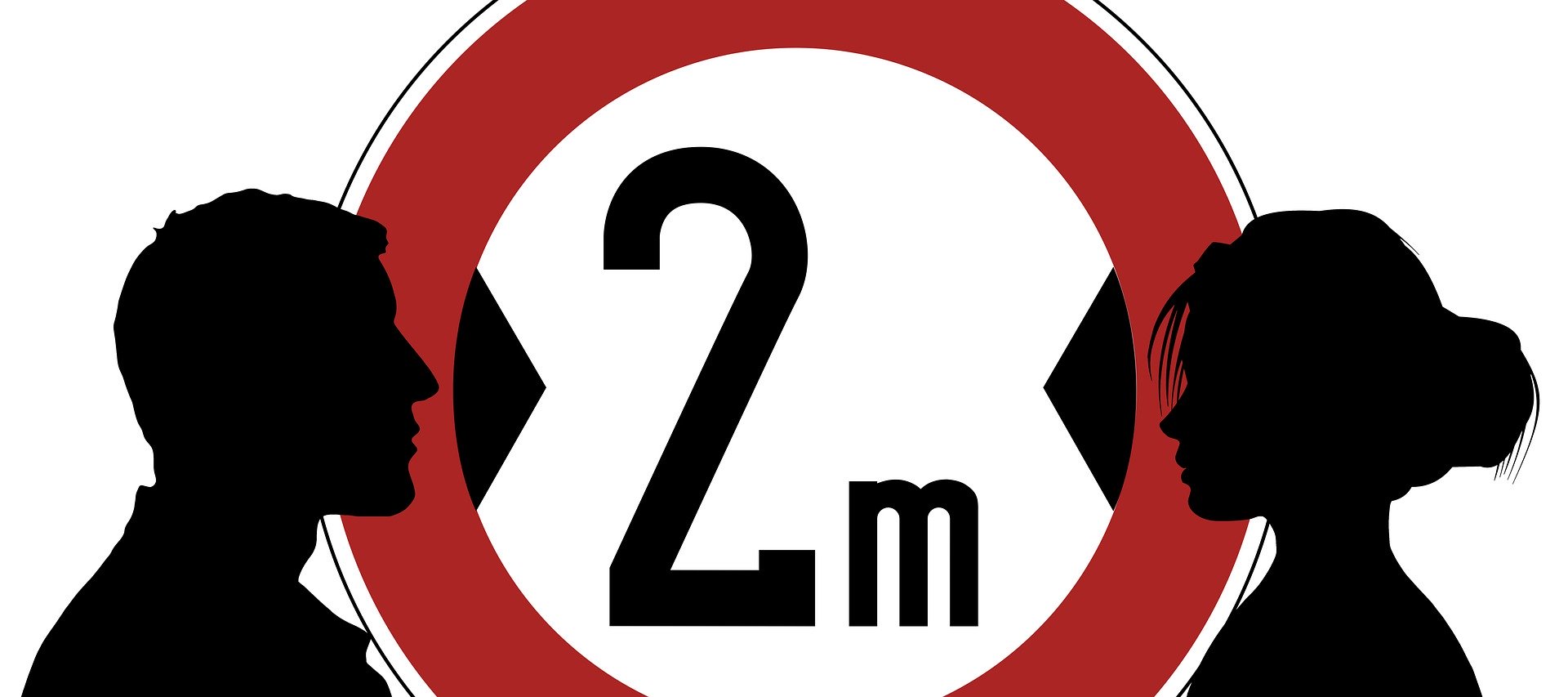COVID-19 News: Details of the Canada Emergency Wage Subsidy (CEWS) Program Released
Reading Time: 2 minutesEmployers of all sizes, including charities and not-for-profit organizations, are now eligible for the federal government’s new Canada Emergency Wage Subsidy (CEWS) if they meet the qualifying criteria. The previous wage subsidy program remains available but applies only to small or medium size businesses.
To be eligible for the CEWS, an employer must have experienced a 30% decrease in revenue as compared to the same month in the previous year, although there are a few exceptions such as businesses that didn’t exist in 2019. This program will run for three months and applications, including proof of the monthly 30% revenue decrease, must be made each month.
Highlights of the program are: ·
- 75% of the first $58,700 earned by an employee;
- retroactive to March 15, 2020; and
- employers are encouraged to provide the 25% top-up where possible but are not required to in order to receive the CEWS.
When the program will be implemented remains unclear, but it is anticipated to be begin within three to six weeks. The CEWS program is designed to deliver money directly to employers electronically via direct deposit and employers register through the CRA’s “My Business Account” portal.
The original wage subsidy program, which provides only a 10% subsidy with a maximum of $1,375 per employee and $25,000 per employer, remains in effect and is administered by reducing the tax contribution employers make to the federal government. Although the original program has a number of restrictive criteria, it does not appear to require any proof of decreased revenue.
Employers may meet the qualifying criteria for both wage subsidy programs but cannot double up on payments. The compensation available under one program will be reduced by the amount provided under the other. With so many businesses and workers affected by the current pandemic, one goal of the CEWS is to provide funds to employers and have them allocate this benefit among workers which reduces the number of individual workers and applications the government needs to administer. Messages from the Prime Minister encourage employers to consider whether, with this subsidy, they can now rehire employees who have been laid off.
Specifics are not yet known, however, the government has warned that taking inappropriate advantage of the program will result in stiff penalties. Legislation has not yet been passed to enact this program and, as of the time of the publication date of this article (April 2, 2020), Parliament has not been recalled to pass the legislation.
If after reading this you need further advice, please contact the author, C. Nicole Mangan, or any one of our Employment & Human Rights Lawyers.
-
The recent BC Supreme Court decision of Okano v. Cathay Pacific Airways Limited, 2022 BCSC 881, is a reminder to terminated employees that they must take reasonable steps to find new employment. In this decision, the judge found that the terminated employee, Frances Okano, who had been with her employer for almost thirty-five years, did not take reasonable steps to secure a new job, and held that a reduction in the period of notice of three months was warranted for failing to mitigate.
-
As of March 17, 2020, the BC Government has announced a public health emergency under the Public Health Act, and on March 23rd, 2020 the BC Government enacted an amendment to the BC Employment Standards Act specifically directed to granting “job protected” leaves for BC employees impacted by COVID-19.







